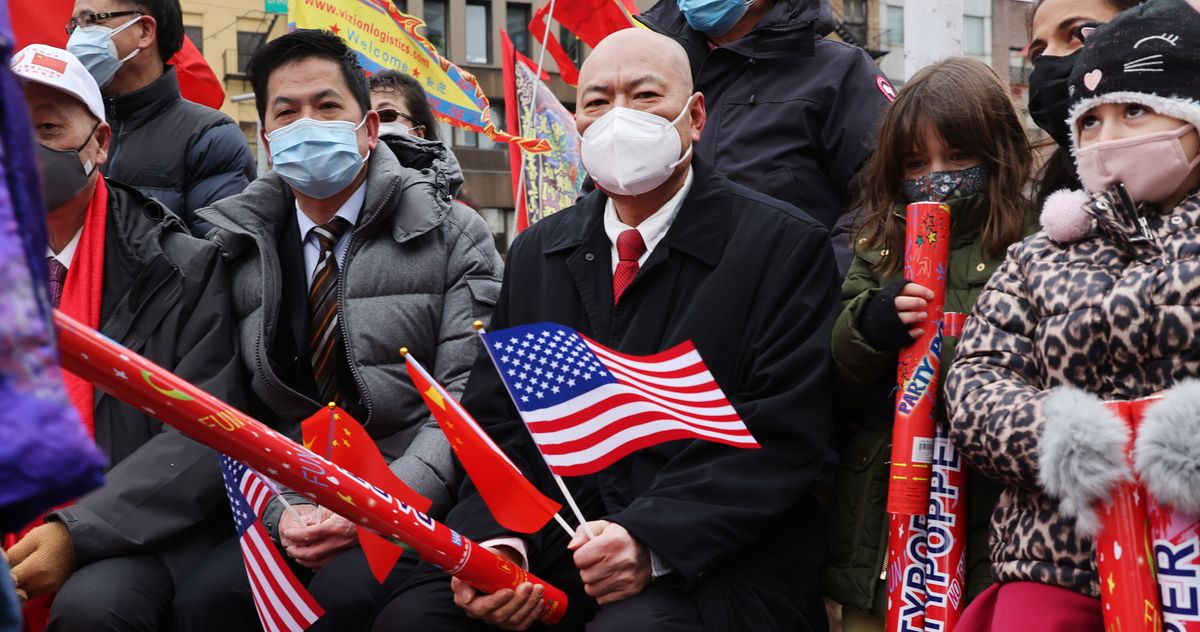Conceitos Básicos
The author highlights the pervasive racism faced by Asian Americans in the US, challenging the model-minority myth and emphasizing the need for societal change.
Resumo
The article delves into personal experiences of Asian American racism, illustrating instances of discrimination and violence. It explores the complexities of identity and cultural expectations while shedding light on the rise of anti-Asian hate crimes. The author calls for awareness, allyship, and systemic change to combat racism effectively.
Customize Summary
Rewrite with AI
Generate Citations
Translate Source
To Another Language
Generate MindMap
from source content
Visit Source
www.thecut.com
Swallowing Our Bitterness
Estatísticas
In March, California congresswoman Judy Chu estimated that 100 anti-Asian hate crimes were being committed every day.
A local newspaper in Chinese-centric Queens reported on NYPD data showing a 1,900 percent increase in hate crimes against Asian Americans in NYC.
Oakland’s Chinatown reported up to 20 assaults in two weeks leading up to Lunar New Year.
Citações
"I am Asian, as well as American, and swallowing the bitterness of racism shouldn’t be something that I have to bear."
"People target those whom they perceive as weak, as outlets for their rage and entitlement."
"It’s easy for racism to exist in our country when it is so insidious and has had years to hide under the excuses of power and outsiderism."
Principais Insights Extraídos De
by Kathleen Hou às www.thecut.com 02-19-2021
https://www.thecut.com/2021/02/swallowing-the-bitterness-of-asian-american-racism.html
Perguntas Mais Profundas
How can society address the systemic issues contributing to anti-Asian hate crimes
To address the systemic issues contributing to anti-Asian hate crimes, society must take a multi-faceted approach. Firstly, education is key in combating stereotypes and prejudices against the Asian American community. Implementing diversity and inclusion training in schools, workplaces, and communities can help raise awareness about the harmful effects of racism. Additionally, law enforcement agencies need to prioritize investigating and prosecuting hate crimes effectively to send a strong message that such behavior will not be tolerated. Political leaders should also speak out against anti-Asian sentiments and work towards creating policies that promote equality and protection for all marginalized groups. Finally, fostering dialogue between different racial groups through community events or forums can help bridge understanding and empathy among diverse populations.
What steps can individuals take to support the Asian American community effectively
Individuals can support the Asian American community effectively by first educating themselves on the history of discrimination faced by Asians in America. This knowledge can empower individuals to recognize microaggressions or acts of racism when they occur and speak out against them. Supporting Asian-owned businesses, attending cultural events, and amplifying Asian voices in social media are practical ways to show solidarity with the community. Donating to organizations that advocate for Asian rights or volunteering at local community centers can also make a positive impact. Most importantly, listening to Asian Americans' experiences without judgment or defensiveness is crucial in creating a safe space for open dialogue.
How can we ensure that diverse voices are heard and valued equally in discussions on racial equality
Ensuring that diverse voices are heard and valued equally in discussions on racial equality requires intentional efforts from all members of society. One way to achieve this is by actively seeking out perspectives from underrepresented groups during decision-making processes or policy discussions. Creating platforms where individuals from various backgrounds can share their stories and experiences fosters inclusivity and understanding among different communities. Encouraging diversity in leadership positions within organizations promotes equitable representation at all levels. It's essential for allies to uplift marginalized voices by sharing their narratives widely through social media channels or other communication platforms while acknowledging their privilege as advocates for change.
0
